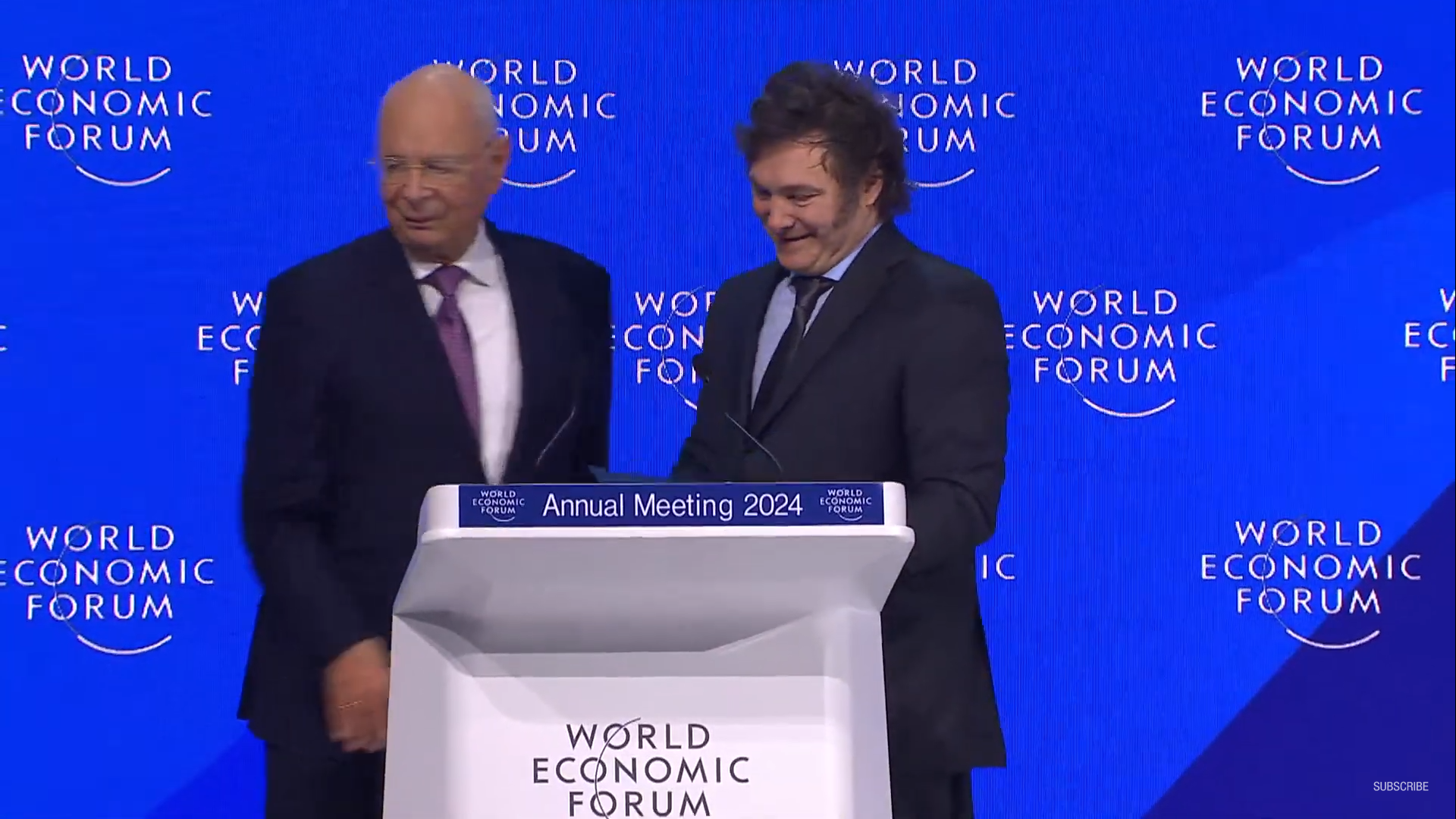Why There Are No Capitalist Dictatorships?
From Plato to Marx to postmodern revolutionaries, the dream of social engineering through abstract ideals inevitably leads to coercion. Capitalism, grounded in human nature, requires no such force

As Karl Popper recognized, there is a clear and often overlooked lineage that runs from Platonic idealism to modern socialist thought.
The rigid class theory, the political idealism, the notion of a superior, enlightened ruling class that "sees all" - these are not novel Marxist inventions, but rather the philosophical offspring of ancient Platonism, later baptized by Christian asceticism. The veneration of suffering, the sanctification of poverty, and the vision of collective redemption are theological legacies that socialist ideology has merely secularized.
Modern socialism, despite its 19th-century vocabulary of alienation and exploitation, is in many respects a rebranding of medieval mysticism and ancient metaphysical constructs. As Professor Leon Roth once said of Kant, "Everything Kant said, Plato had already said 2,500 years earlier - and more interestingly." In that sense, just as Hegel extended Kant's idealism into mysticism, the Marxist class doctrine and socialist centralization are today extended by postmodern theorists.
Criticize Kant, and you're met with the outrage of mystic disciples. Criticize Marx, and you are branded immoral by his modern ideological heirs. The similarity lies in structure: the teacher of "pure reason" and the prophet of "scientific socialism" both created systems so detached from empirical reality that any challenge of the one's who continue them - becomes a moral heresy rather than an intellectual dispute.
Why is this so?
Because idealisms - by their very nature - impute moral and metaphysical value to abstract properties, turning intentions into reified truths. And because the ideal is always exposed by the messy, human reality, that is imposed, it inevitably requires force.
Here lies the root of violence within idealist political systems, and within the socialist mental pathology that breeds feelings of frustration, anger, and desperation in the committed believer. Idealism must bridge a gap between what is and what ought to be. And the tool it uses for this is power. The glorification of power that emerges from German and French philosophical traditions - especially Marxist and neo-Marxist - that follow the age of totalitarianism is not accidental. It is a necessary byproduct of the impossibility of the platonist route in political philosphy, and the hegelian path in philosophy.
Once power becomes the measure of truth - the final phase of Plato’s ideal state, Hegel’s realization of the Absolute in the State, and Marx’s revolution -intellectuals fall into alignment.
Consider it: was Hitler not post-truth? Was Mao not post-truth? In their insistence that reality held no independent empirical value - only ideological function - did they not arrive at the very point where much of today’s social science and humanities begin?
A hallmark of postmodern and totalitarian thinking - any idea, no matter how detached from reality, can be justified. All that remains is the will to implement it.
This is why idealism, despite its utopian promises, always trends toward tyranny. Its perfection demands enforcement. Its purity rejects compromise. Its logic requires control. In contrast, capitalism requires no such force. There are no capitalist dictatorships. Not because capitalists are morally superior, but because capitalism is not a blueprint for utopia. It is an emergent order rooted in voluntary exchange, individual choice, and decentralized incentives. It reflects human nature rather than attempting to overwrite it. Socialist regimes must nationalize property. They begin by declaring what belongs to whom. Capitalist systems allow ownership to arise organically, through interaction and negotiation. That is why socialism is always coercive at its core, and capitalism need not be.
The deeper tragedy of idealism is not simply its authoritarian tendencies, but its profound misunderstanding of human nature. It imagines people as functions of systems rather than creators of meaning. It sees economics as a tool for enforcing morality, not as a reflection of real desires and constraints.
In doing so, it inverts the moral logic it claims to uphold: coercion is justified for the sake of justice, lies are tolerated for the sake of truth, and dissent is crushed for the sake of liberation.
That is why, in the end, idealist systems demand agreement, not understanding. And when agreement cannot be won, it is taken.
No wonder they always need a fist.